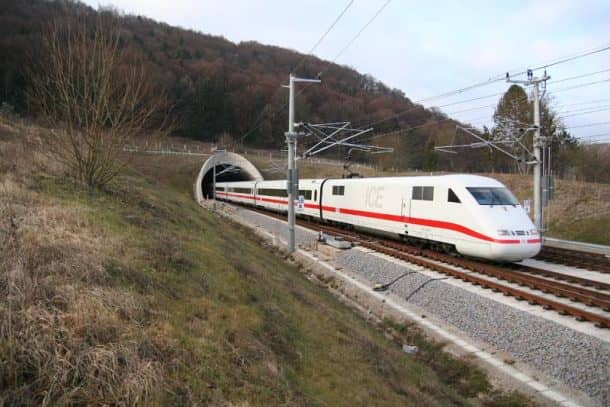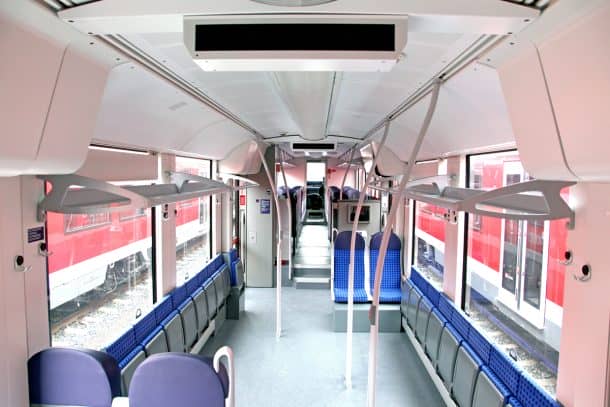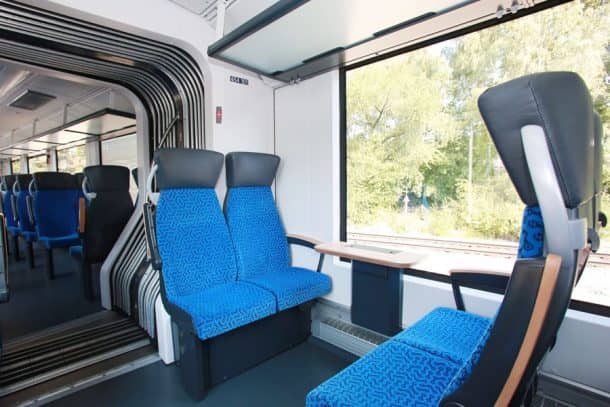Traveling by train is fun, both for short and long commutes. But is the massive pollution created by the train diesel engines worth it? Definitely not; and keeping the same point of view; Germany is prepared to introduce the world’s first zero-emission passenger train that will be powered by hydrogen.
One of the fastest growing contributors to climate change is transportation. It is solely responsible for one-fourth of all energy-related carbon emissions. The emissions are expected to increase five folds by 2030 in Asia alone. The hydrogen-powered trains are not a mere luxury advancement, but in fact, they are the need of the hour.
The new train Coradia iLint will be an alternate to 4,000 diesel trains running in the country. The hydrogen powered engine emits nothing but excess steam into the atmosphere. The hydrails are expected to open up for public in December 2017.

Source: International Business Times
A French company Alstom developed the trains named ‘Coradia iLint.’ The trains gathered a lot of interest from Netherlands, Germany, Denmark and Norway after they were presented at the InnoTrans trade show in Berlin in August 2016. The German state of Lower Saxony has already ordered 14 trains.

When hydrogen burns with oxygen, they produce massive amounts of energy with only one by-product – ‘water.’ A hydrogen fuel tank on the roof of the train powers the lithium-ion batteries that ultimately power the train. The trains are not just a solution to air pollution, but they are also nearly free of sound pollution. The hydrail can travel up to speeds of 87 miles per hour with only the minimal sound that comes from wheels and air resistance. A train can commute 500 miles a day with a capacity of 300 passengers.

But what about the cost of producing hydrogen from the fuel cells? A German newspaper Die Welt reported that hydrogen gas is a byproduct of chemical plants and otherwise, goes to waste. The clean energy alternative was crucial for Europe to reduce diesel reliance as transforming the system entirely to an electrical one is not expected to happen anytime soon.
Compared to all other means of transport, the trains are relatively environment-friendly; contributing only to 2% of travel emissions worldwide, reports the International Energy Agency and International Union of Railways.
Some critics have criticized the idea of these trains producing zero-emissions, questioning the process of hydrogen fuel production.
What are your thoughts about the new Coradia iLint? Comment below!


